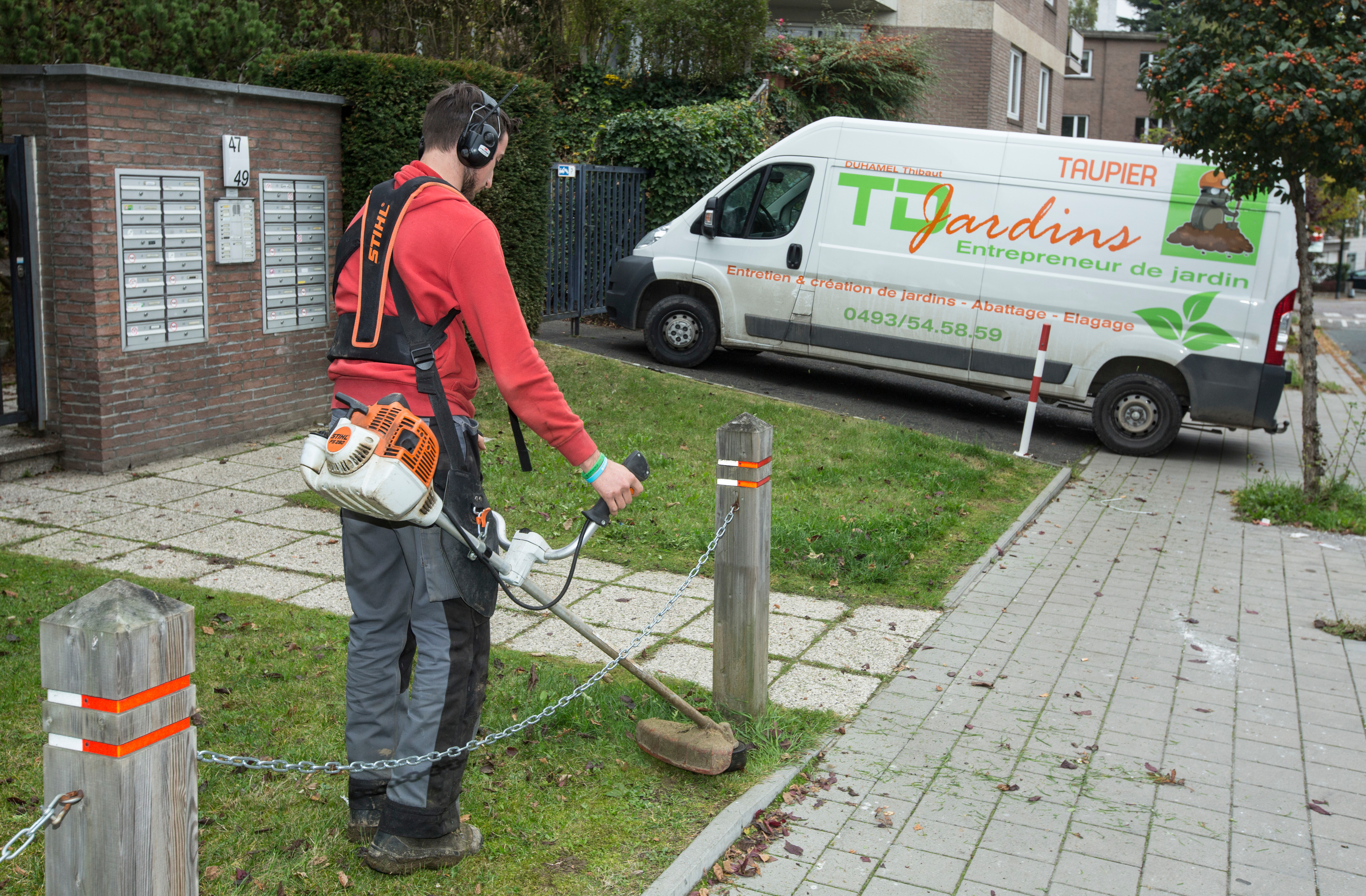
Non-standard employment
Non-standard employment is an umbrella term for different employment arrangements that deviate from standard employment. They include temporary employment; part-time and on-call work; temporary agency work and other multiparty employment relationships; as well as disguised employment and dependent self-employment. The most relevant of possible future developments of non-standard work, whatever their contractual form, are related to digitalisation.

















